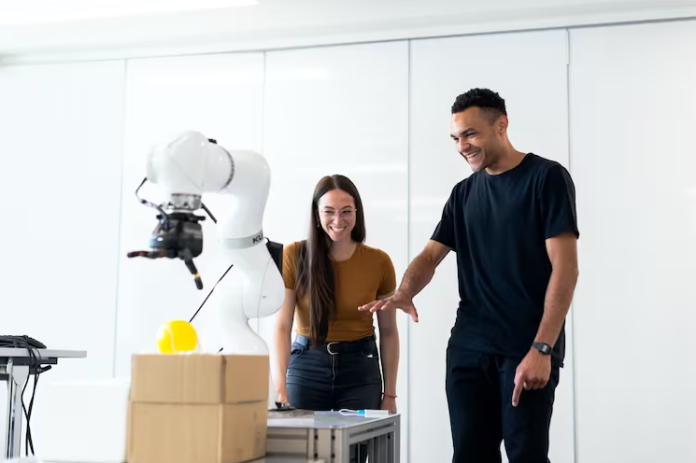In the wake of the fourth industrial revolution, robotics has emerged as a transformative force that is reshaping industries and societies worldwide. From automated manufacturing processes to intelligent service robots, the demand for robotics solutions is skyrocketing.
However, as the world embraces the potential of this technological advancement, it is essential to address the challenges that accompany it. The synchronisation of demand and the resolution of these challenges is crucial for establishing a new world order that maximises the benefits of robotics while minimising the risks.
In the ever-evolving landscape of technology, the prominence of artificial intelligence (AI), the Internet of Things (IoT), and machine learning (ML) has paved the way for remarkable advancements in robotics and automation on a global scale.
The integration of automation and robotics is revolutionising crucial manufacturing processes across diverse industries. It is widely recognised that certain production tasks lend themselves better to automation, particularly those that are repetitive and predictable in nature.
For instance, tasks like picking, packing, sorting, and movement from point to point as well as quality assurance processes are being rapidly automated, and these are likely to drive the adoption of robotics in the years ahead.
In the ever-evolving landscape of technology, the prominence of artificial intelligence (AI), the Internet of Things (IoT), and machine learning (ML) has paved the way for remarkable advancements in robotics and automation on a global scale.
The integration of automation and robotics is revolutionising crucial manufacturing processes across diverse industries. It is widely recognised that certain production tasks lend themselves better to automation, particularly those that are repetitive and predictable in nature.




